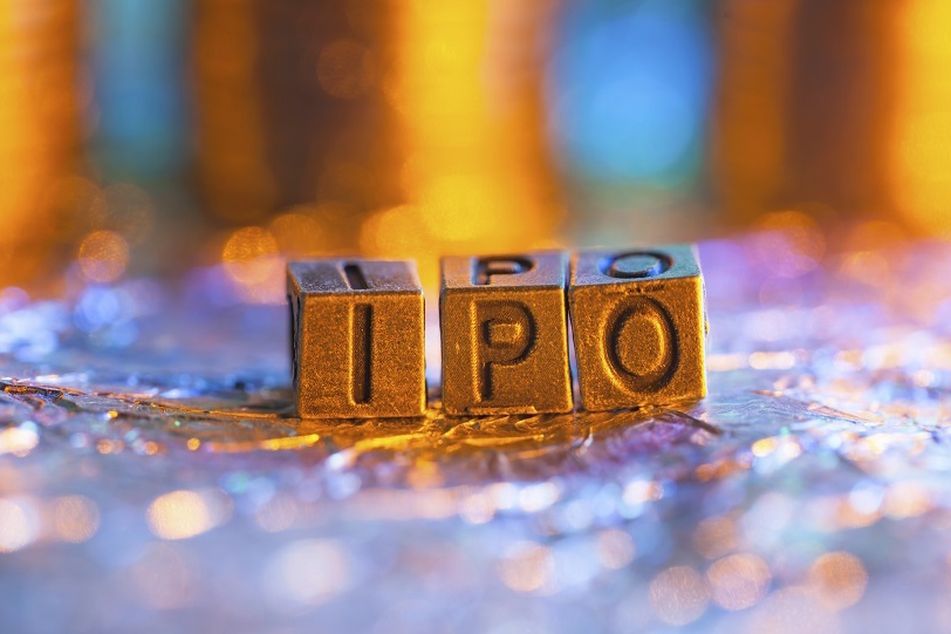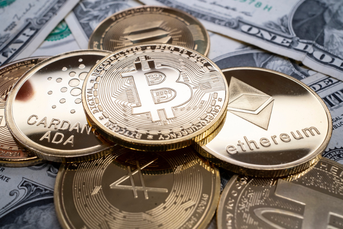Private credit carve-out from JPMorgan filed ‘secret’ IPO plan

HPS Investment Partners could go public if equity capital markets look favorable.
HPS Investment Partners, the private credit firm carved out of JPMorgan Chase & Co. in 2016, confidentially filed for an initial public offering, according to people with knowledge of the matter.
The firm submitted its registration to the Securities and Exchange Commission more than a year ago, said one of the people, who asked not to be identified discussing information that isn’t public. As a result of that filing, HPS is positioned to pursue a listing if equity capital markets become more favorable, said another of the people.
HPS has come to personify the remarkable rise of private credit as a usurper of traditional Wall Street lending. In 2016 the firm bought itself out of JPMorgan in a complicated deal valuing it at close to $1 billion. As it wrestles today with the idea of a public listing, it could be worth roughly eight times that amount. Assets under management have grown from $34 billion in 2016 to over $100 billion.
HPS, which has been considering whether to follow rivals including Ares Management Corp. and Blue Owl Capital Inc. in going public, could be valued in a listing at about $8 billion, Bloomberg News reported this week. The firm has been working with JPMorgan and Goldman Sachs Group Inc. on the effort, the people said. The timing of a listing hasn’t been determined, they said.
Representatives for HPS, JPMorgan and Goldman Sachs declined to comment.
The firm has raised several multi-billion dollar funds this year including its $12 billion Junior Debt Fund and its $7.3 billion Senior Direct-Lending Fund, and engaged in some of the largest transactions in the industry to date.
For more than a decade the founding trio of HPS — Scott Kapnick, Scot French and Mike Patterson — have been at the vanguard of turning a niche area of finance into a $1.6 trillion juggernaut.
Kapnick, a Goldman Sachs partner since 1994, jumped ship in 2007 to build a rival mezzanine business within JPMorgan Asset Management. Others, including the now governing partners French, Patterson, Purnima Puri and Faith Rosenfeld, joined him later.
After HPS decided to spin out of the bank, JPMorgan kept a stake and agreed to an earnout structure based on performance. It exited in two stages as HPS got new equity from Dyal Capital in 2018 and Guardian Life in 2022. The bank made between $750 million and $1 billion through its sale of HPS including profits earned along the way.
Private credit involves “nonbank” funds lending money to often riskier companies. As banks have retreated from risky lending, direct lenders have marched in.
HPS and its peers make loans with cash they’ve raised from professional investors such as insurers, pensions and wealthy individuals, unlike banks which use ordinary customer deposits. That difference has kept the industry out of the cross hairs of regulators — until now, at least — allowing it to boom unhindered.
Other alternative asset managers that have plans for an IPO include General Atlantic, Bloomberg News has reported.
One advantage of a listing is that HPS could use its shares for acquisitions. Many smaller rivals are struggling to raise funds and want to sell up instead.
But speaking to Bloomberg News in a recent interview, Kapnick was circumspect about the possibility.
“The path that others have taken going public made sense for them and seems to have worked well for those firms,” he said. “But my job as CEO is to make sure we don’t have to do anything.”
Learn more about reprints and licensing for this article.







